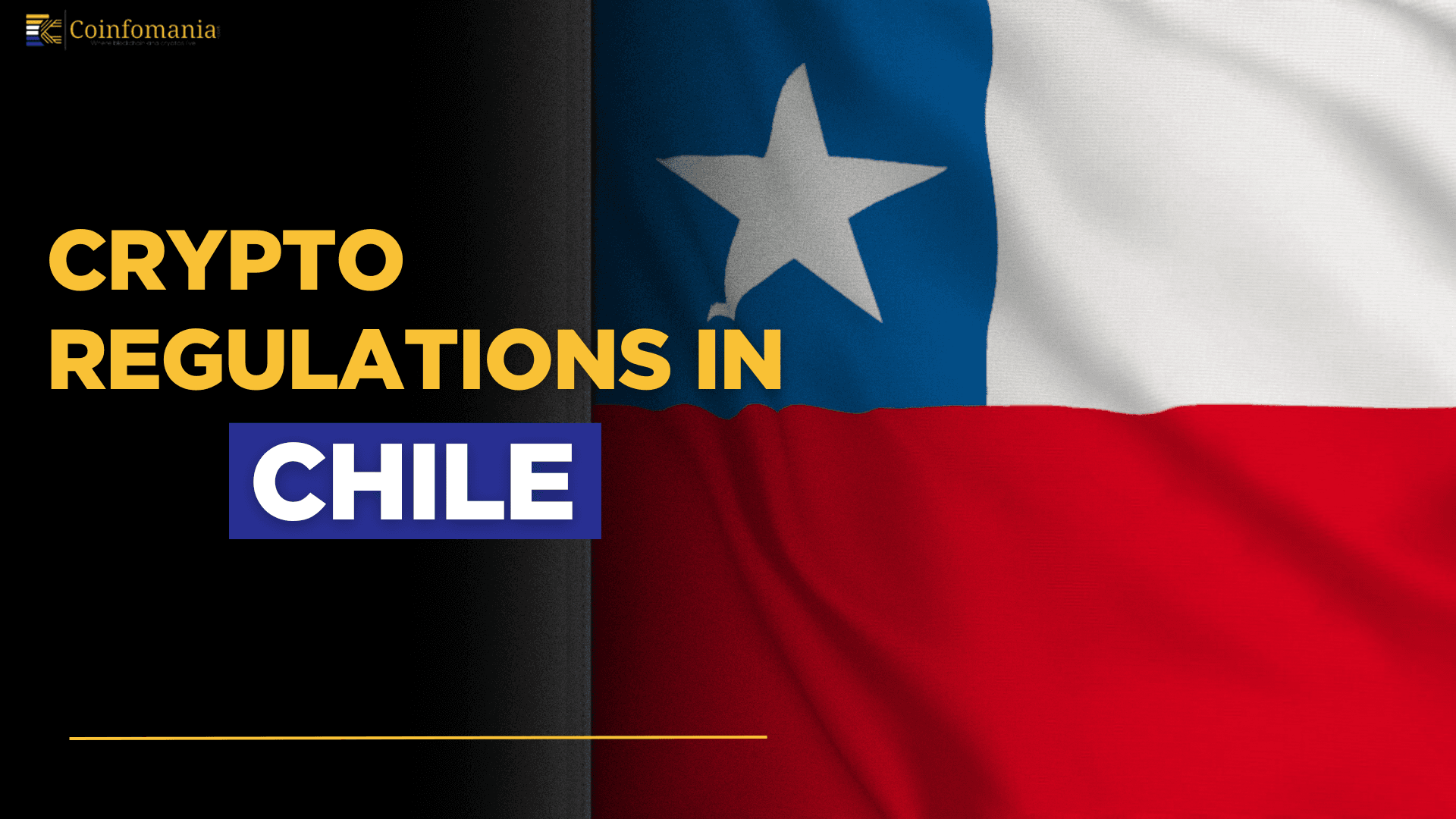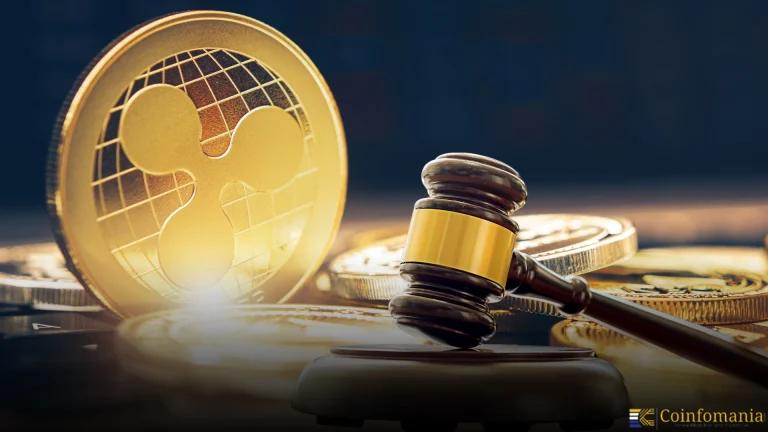Cryptocurrency Regulations in Chile
Chile is located between the laissez-faire havens and highly restrictive locations. The 2023 Fintech Law (Law No. 21 521) expressly recognizes the phenomenon of so-called crypto-assets, signaling a willingness to accept digital finance but requiring it to ensure stringent consumer protection. Exchanges, investors, and start-ups must know this framework: without a license, they risk closure […]

Chile is located between the laissez-faire havens and highly restrictive locations. The 2023 Fintech Law (Law No. 21 521) expressly recognizes the phenomenon of so-called crypto-assets, signaling a willingness to accept digital finance but requiring it to ensure stringent consumer protection. Exchanges, investors, and start-ups must know this framework: without a license, they risk closure and penalties, and with them, a noticeable entry into the market and relationships with banks.
The regulatory policy is shared among the Financial Market Commission (CMF) that licenses providers; the Central Bank of Chile (BCCh) that issues prudential regulation and examines a CBDC; and the Servicio de Impuestos Internos (SII) that decides tax policy. They collaboratively establish regulations with the view of enhancing innovation, user protection, along with macro-stability.
Historical Context
In 2016, the CMF issued the first official sight of Chile when it announced that Bitcoin was beyond the scope of the securities law and was considered a private means of exchange. In 2018, a memo from the Central Bank reminded that crypto is not legal tender and reminded banks of the volatility and AML risks. It was not long before litigation ensued: in 2018, the Supreme Court supported the action of BancoEstado to close the account of a crypto exchange, on money-laundering grounds.
The tide turned in 2023 when Congress passed the Fintech Law, which introduced a specific category of “crypto-assets” and required registration. Licensing schedules were provided in General Rule 502 (February 2024), and AML procedures were clamped down in Circular No. 62 (March 2025). All the milestones reflect a transition between views to a more structured, technology-neutral framework that seeks to balance between growth and systemic safeguards.
Regulatory Framework
Key authorities
- CMF – Keeps the Registry of Financial Service Providers, issues licences and monitors exchanges, custodians, brokers and advisers.
- BCCh – Prudential standards of stablecoins, potential authorisation of means-of-payment tokens, and head of CBDC research.
- SII – Interprets tax law, provides annual crypto filing requirements (e.g. Affidavit 1891).
Licensing registration
Every crypto service (exchange, custody, brokerage, order routing, investment advice) has to be registered with the CMF and has to obtain operating authorisation by 3 February 2025. The fees are approximately USD 400, and then there is a six-month substantive review which includes solvency, governance, cybersecurity (ISO 27001), client-asset segregation and minimum equity.
AML/KYC
- Registered providers are covered by the AML Act 19 913 in Chile and have to:
Carry out complete KYC and beneficial-owner due diligence.
- Continue with risk- based monitoring and submit suspicious-activity reports to the Unidad de Analisis Financiero (UAF);
- Have a compliance officer and crime-prevention officer and run an accredited crime-prevention model.
Taxation
The gain on crypto is ordinary income. The progressive Global Complementary Tax is paid by individuals (0% – 40%); by companies it is 27 % (general regime) or 25 % (SME regime). Commissions on trade are subject to 19% VAT. Mining revenue is subject to taxation as business revenue; it is not subject to capital-gains exemptions.
Token offerings
Direct token sales are not regulated, unless the token constitutes a security, in which case, securities and prospectus regulations apply. The BCCh is preparing stablecoin criteria that will operate as payment tools. ICO utility tokens are not yet covered by specific legislation, but they should not be promoted in a misleading manner; otherwise, sanctions by CMF will follow.
Chile Crypto Policies
Usage- Crypto payments are legal when parties consent but they are not legal-tender. The Fintech Law expects stablecoins to be part of the national payments system after the issuance of BCCh standards.
Mining – Legal and subject to taxation; no specific energy surcharges, however miners have to abide by the general environmental and consumer-price-index (CPI) bookkeeping regulations. Government projects The proof-of-concept of the Digital Peso, by the Central Bank, entered a pilot phase in April 2024. Elsewhere, public–private groups are experimenting with blockchain to settle bonds and modernise land registries.
Penalties: Unlicensed operation of service provision after February 2025 may be subject to daily penalties and compulsory closure of accounts. Violations of AML initiate fines of up to 1,000 UF (~USD 40,000) and expose an individual to criminal liability. General securities law imposes greater penalties on market-manipulation or misrepresentation offences.
Approach to Crypto Innovation
The Fintech Law of Chile incorporates an Open Finance System, which requires banks to share customer data (with consent) through APIs, an implicit sandbox that blockchain payment start-ups. There is also a limited-scope pilot regime run by the CMF that enables fintechs at an early stage to test products with less stringent capital rules.
The use of adoption is increasing: local trade Buda.com has 500,000 registrants, and Mercado Pago provides retail buy-and-hold services. Big box retailers take crypto gift cards, and a spot Bitcoin ETF was listed on the Santiago Stock Exchange (July 2024). A practical, technology-optimistic attitude is indicated by government-sponsored blockchain experiments in trade finance and e-invoicing.
Notable Challenges and Issues
Grey areas in regulation: lending/borrowing, DeFi protocols, and yield products have no clear regulation, and providers must depend on case-by-case interpretations of CMF. The tax and consumer claims are uncertain due to courts giving conflicting judgments on crypto; some call it an intangible asset, some call it a fungible good, and some call it a unit of value.
It is resource-intensive to enforce: cross-border platforms can target Chileans without being present in the country, and anonymised wallets make AML tracing difficult. The attitude of the public is divided. Surveys indicate that almost one in five adults holds crypto, but fraud cases and volatility are frequently highlighted in the mainstream media, leading to demands of increased regulation.
Key Regulatory Trends and Future Outlook
Recent developments: Circular 62 (2025) increases KYC thresholds; the CMF launched a consultation on yield-bearing products; the second CBDC report by BCCh establishes wholesale-retail interoperability.
Short-term prediction: By 2026, we can expect elaborate stablecoin regulations and potentially the expansion of the licensing to lending and staking activities. It is possible that tax authorities will add pre-filled crypto sections to annual returns, following the example of Brazil.
International influence : The certain licensing route in Chile may interest exchanges that abandon the unregulated Latin markets, making Santiago a compliance “centre” of the Southern Cone. Alignment to FATF and BIS guidance ought to facilitate the piloting of cross-border payments and the experimentation of DeFi regionally.
Conclusion
Chile has recently introduced one of the most comprehensive crypto frameworks in Latin America: it is open to innovation, but tough on compliance. The existence of clear licensing, defined AML regulations, and the prospect of a CBDC suggest the existence of a future where digital assets can exist alongside a healthy banking system. As an investor or founder, it will be critical to monitor CMF circulars and BCCh consultations; the rulebook is growing fast, and it will be an important competitive advantage to implement it as soon as possible.
Frequently Asked Questions (FAQs)
1. Is Bitcoin in Chile legal?
Yes. The possession, exchange, and utilization of Bitcoin are lawful, though it is not a legal tender, and the transaction is subject to the requirements of AML and taxation.
2. Are exchanges required to have a Chilean licence?
Absolutely. All exchanges, custodians, and brokers will be required to register with the CMF and obtain operating authorisation by 3 February 2025; otherwise, they must stop accepting new business.
3. What is the tax on crypto gains?
The Global Complementary Tax applies profits as ordinary income, and the rates are progressive, ranging between 0 % and 40 %. Losses can be offset with gains when they are well recorded.
4. Are trading commissions subject to VAT?
Yes. Any service fee, including exchange commissions or custody fees, is liable to the 19 % Value Added Tax in Chile, and invoices have to be provided.
5. Do ICOs or token sales have regulations?
The sale of tokens is not regulated, unless the token constitutes a security; offerings similar to securities must be accompanied by a CMF-prospectus-approved prospectus and must be disclosed in full.
6. What are the AML obligations of providers?
The registered firms are obliged to conduct KYC due diligence, carry out ongoing transaction monitoring, submit suspicious-activity reports to the UAF, and run certified crime-prevention models.
7. Is crypto mining limited?
No. Mining is not prohibited, yet mining income is taxed (25 %,340 % on individuals, 27 % on companies), and miners have to comply with the general energy and environmental policies.
8. Is Chile going to issue a CBDC?
The digital peso being developed by the Central Bank is at proof-of-concept stage. A retail use pilot could begin in 2026, providing technical and policy challenges are overcome.
9. May foreign platforms attend to Chileans without a licence?
Not, of course, except in the case of a reverse-solicitation. CMF licensing and possible enforcement activity are prompted by active marketing to the residents of Chile.
10. What is the consequence of an unlicensed provider?
The CMF has the power to issue daily fines, freeze local bank accounts, and refer repeat or severe violations to criminal proceedings.
Follow us on Google News
Get the latest crypto insights and updates.
Related Posts

Ripple Highlights Custody as Key to $18.9T Tokenized Assets by 2033
Shweta Chakrawarty
Author

Hong Kong SFC Issues New Custody Rules for Crypto Platforms
Shweta Chakrawarty
Author

South Korea and Vietnam eye $150B trade despite Trump tariff
Shweta Chakrawarty
Author